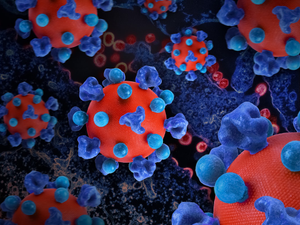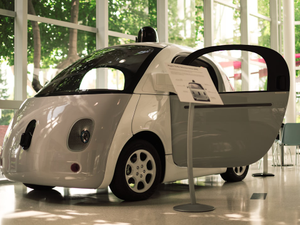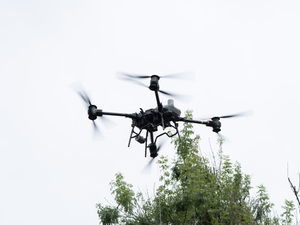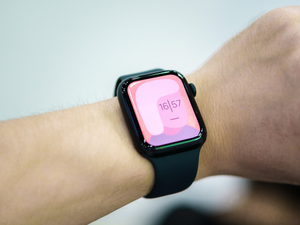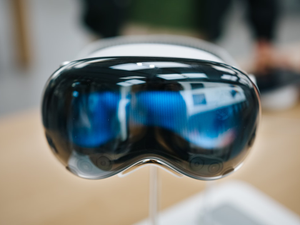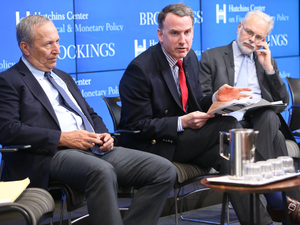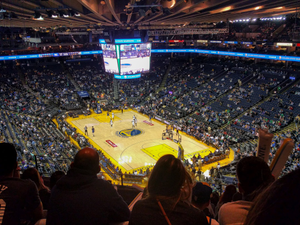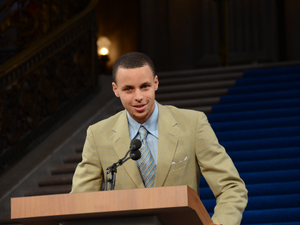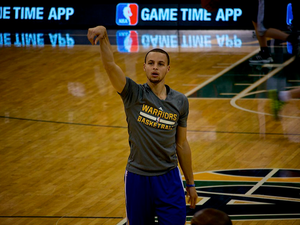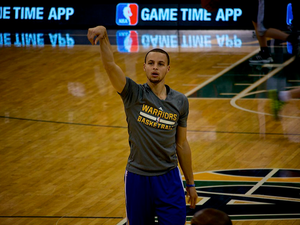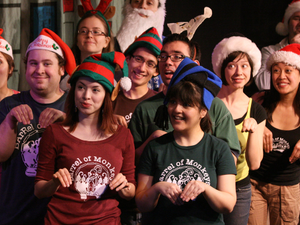AI Scientists Are Revolutionizing Material Discovery, and It's Wild

Photo by Igor Omilaev on Unsplash
In the heart of San Francisco, a groundbreaking startup called Periodic Labs is reshaping scientific discovery through artificial intelligence. Founded by Liam Fedus, a former OpenAI researcher, and Ekin Dogus Cubuk, a Google Brain machine learning expert, the company has secured a jaw-dropping $300 million seed round to automate scientific research.
The founders believe they’ve cracked a revolutionary approach to scientific exploration. By combining advanced language models, robotic systems, and complex simulations, they aim to discover new materials faster and more efficiently than traditional research methods. Their primary focus? Finding novel superconductor materials that could power the next generation of energy-efficient technology.
Periodic Labs isn’t just another tech startup. They’ve assembled a dream team of experts from AI, physics, and materials science, including talents like Alexandre Passos and Eric Toberer. Their unique approach involves weekly cross-disciplinary lectures, ensuring every team member understands the entire research ecosystem.
What makes their approach radical is the recognition that even failed experiments generate valuable data. Traditional scientific research rewards success, but Periodic Labs sees exploration itself as the goal. Their AI-powered system can generate hypotheses, conduct simulations, and learn from both successful and unsuccessful experiments.
The startup’s investors read like a who’s who of tech royalty, including Andreessen Horowitz, NVIDIA’s venture arm, and angel investors like Jeff Bezos and Eric Schmidt. This massive investment signals serious confidence in their vision of AI-driven scientific discovery.
While the concept might sound like science fiction, recent breakthroughs suggest it’s more science fact. In 2023, a similar Google research project successfully created 41 novel compounds using AI-suggested recipes, proving that machine learning can genuinely contribute to scientific innovation.
As the tech world watches, Periodic Labs represents a bold experiment in reimagining how scientific research can be conducted, faster, more systematically, and with unprecedented potential for breakthrough discoveries.
AUTHOR: rjv
SOURCE: TechCrunch






